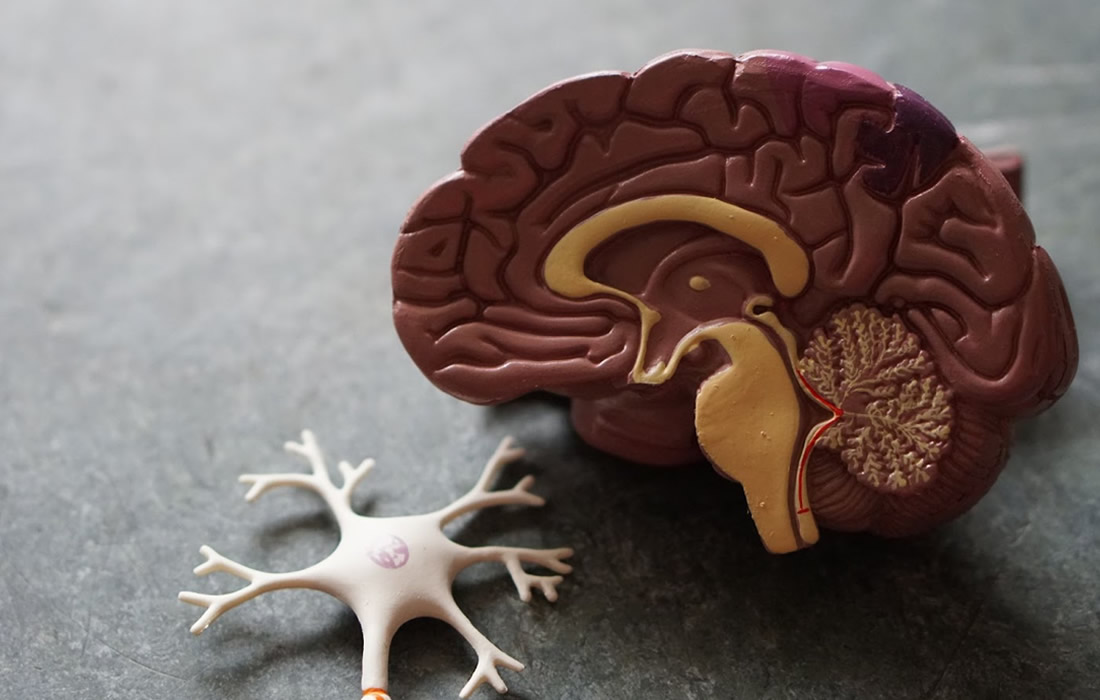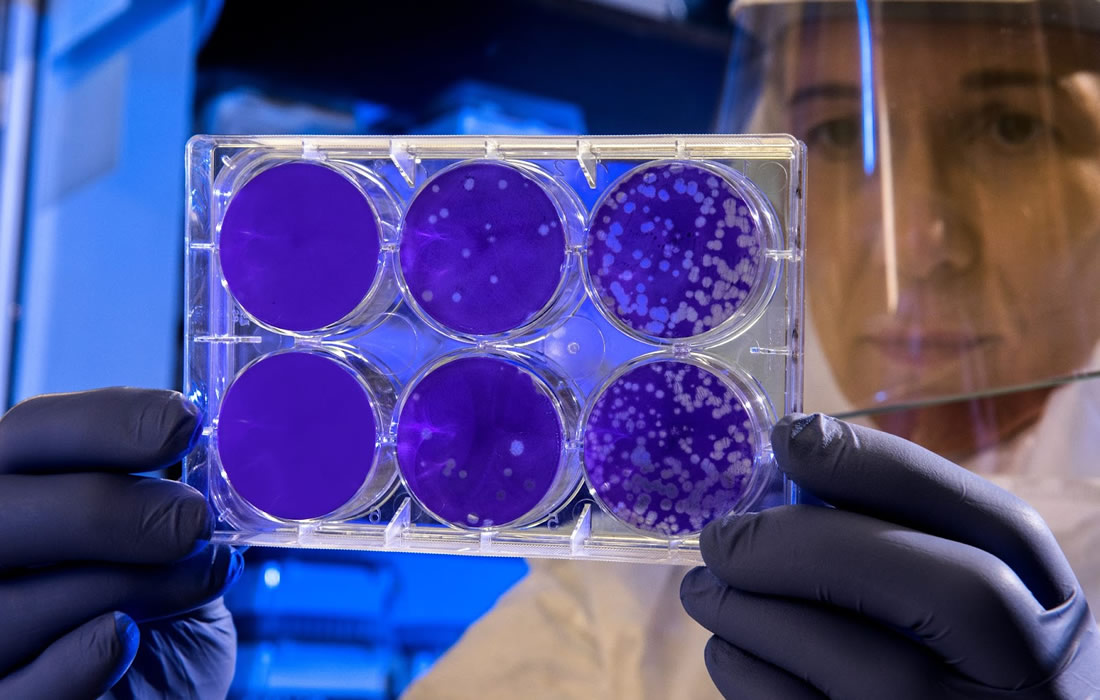Neural stem cells (NSCs) produce neurons (nerve cells) and surrounding glial cells in the brain. By understanding how NSCs work, it could pave the way for therapies to speed up the neurons’ and glial cells’ regeneration. The new study, conducted using Drosophila fruit flies, shows that molecules that form a complex called STRIPAK are essential […]
Author Archives: Rocio Gallegos, MD
Researchers examined data on people over 18 years of age who were hospitalized with COVID-19 in 107 registry-participating hospitals across the nation between January 2020 to March 2021. Smoking status was self-reported and people were classified as smoking if they reported currently using either traditional, combustible cigarettes or e-cigarette products, with no distinction between the […]
Researchers from the University of Adelaide and South Australian Health and Medical Research Institute (SAHMRI) compared two different diets: a time restricted, intermittent fasting diet and a reduced calorie diet to see which one was more beneficial for people who were prone to developing type 2 diabetes. Type 2 diabetes occurs when the body’s cells […]
Researchers have long known that many animals live longer in colder climates than in warmer climates. New research in C. elegans nematode worms suggests that this phenomenon is tied to a protein found in the nervous system that controls the expression of collagens, the primary building block of skin, bone and connective tissue in many […]
“We all know that broccoli is good for us, but why? What happens in the body when we eat broccoli?” said Gary Perdew, H. Thomas and Dorothy Willits Hallowell Chair in Agricultural Sciences, Penn State. “Our research is helping to uncover the mechanisms for how broccoli and other foods benefit health in mice and likely […]
ß cells are critical guardians of the body’s metabolic balance. They are the only cells capable of producing insulin, which regulates blood sugar levels by designating dietary sugar for immediate use or storage. In Type 1 diabetes, ß cells are attacked by the body’s own immune system, rendering them unable to produce insulin. Type 2 […]
Aging, or senescent cells, which stop dividing but don’t die, can accumulate in the body over the years and fuel chronic inflammation that contributes to conditions such as cancer and degenerative disorders. In mice, eliminating senescent cells from aging tissues can restore tissue balance and lead to an increased healthy lifespan. A team led by […]
“There’s a dogma in the field that everyone needs eight hours of sleep, but our work to date confirms that the amount of sleep people need differs based on genetics,” said neurologist Louis Ptacek, MD, “Think of it as analogous to height; there’s no perfect amount of height, each person is different. We’ve shown that […]
Researchers at Simon Fraser University are studying the genes of superbugs to aid the development of new and effective treatments for drug-resistant bacterial infections. “Antimicrobial resistance occurs when the disease-causing bacteria has ways to overcome the antibiotics that we use in treatment for infections,” says assistant professor Amy Lee, of SFU’s Department of Molecular Biology […]
New research at the University of Massachusetts Amherst zeroes in on the root cause of adverse health effects from disruption of the body’s circadian rhythms, which typically occurs from jet lag and rotating work shifts. “Circadian disruption impacts a lot of things,” says lead author Michael Seifu Bahiru, a Ph.D. candidate in the lab of […]










